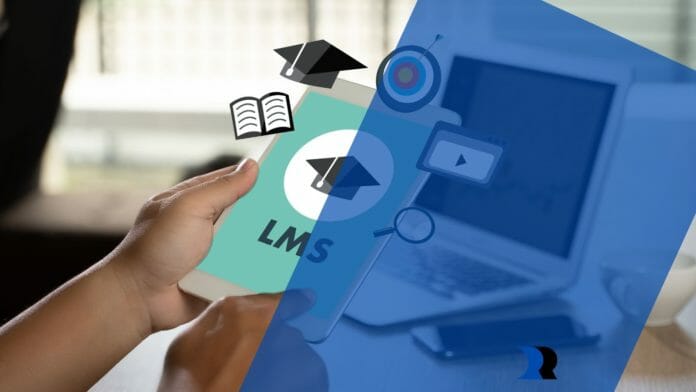At a Compound Annual Growth Rate (CAGR) of 22.7 percent over the forecast period, it is expected that the size of the worldwide adaptive learning market will increase from USD 1.9 billion in 2020 to USD 5.3 billion by 2025. Rising eLearning solutions demand, individualized instruction, and government initiatives for adaptive learning solutions are the main forces propelling the industry’s expansion.
An Adaptive LMS solution like Adobe Learning Manager should be used if you are concerned about employee disengagement and want to raise the degree of commitment in your organization. There is a need for dynamism and interactivity in learning management systems (LMSs) to keep users engaged in the courses or programs.

In your LMS, you should employ adaptive learning to create a communication channel between the learner and the platform that is simple, practical, and highly interactive. Your training will be more personalized if you incorporate Adaptive Learning into your sessions. But what is adaptive learning? Let us know that first.
Adaptive Learning
The goal of personalized learning is to give each employee a learning path that is efficient, effective, and uniquely tailored to their interests. Personalized training may now be provided to a large population thanks to adaptive learning systems, which use a data-driven method to modify the learning path and pace. Changes in the role of teachers can be accommodated with the help of adaptive systems. At the same time, new instruction and content delivery methods can be incorporated to meet individual employees’ requirements better.
However, a web-based platform is used for adaptive learning. All relevant course materials are included in the program and can act as a learning guide for the learners. As learners work through the platform, the software can determine the best for them. An individual’s learning experience is tailored to their requirements. Moreover, every abstract idea is divisible, and its constituent parts follow a logical progression that facilitates the acquisition of each skill.
Now Let us Know Why it is Important to Use Adaptive Learning in Your LMS
Efficiency
The use of adaptive learning reduces the gaps in learners’ knowledge and understanding. It will make learners’ strengths and weaknesses more obvious to instructors so they can better monitor their progress. These insights allow for the creation of personalized action plans for each learner. As a result, learners will be more productive, and the organization will be more effective.
Engaging
Adaptive learning facilitates content delivery by engaging activities, increasing students’ interest, and developing a thirst for knowledge. With the help of adaptive learning technology, employees are more likely to actively participate in their training since they are exposed to learning activities at the right moment and with the correct focus. Giving learners assessments and tasks after they’ve learned a new concept is a great way to help them see where they excel and where they need more work. More students will finish their courses if they have better success in completing their assignments and tasks.
Saves Time
Most learners feel more comfortable in a single, consistent platform. This is where adaptive learning comes in, as it tailors the learning experience to each learner. This could involve moving on to new material, skipping over material they already know, or spending more time on a topic by exploring it in a variety of content formats (like videos and reading materials). This is a very effective strategy for bridging the skills gap when employees only have a limited amount of time each week to devote to training both on and off the job.
Flexible
Adaptive technologies allow for material production in various mediums, including still photographs, moving images, attachments, audio clips, and so on. Different learners learn better through various methods, such as reading, viewing videos, or listening to lectures. Many types of learners can benefit from these various approaches to learning. All employees will be actively involved in the learning process if the content best suited to their learning styles can be combined.

Plus, with adaptive learning technologies, it is possible to monitor employee responses in real-time and modifies lessons accordingly. This approach allows employees to progress through their coursework at their own pace, maximizing their chances of success.
Conclusion
A key goal of adaptive learning is to provide a more natural learning environment. As the importance of personalized learning in employee retention and development grows, your organization’s attention should be directed toward developing strategies for providing such training at the lowest possible expense.
However, to achieve organizational goals, adaptive learning is crucial. Training all of a company’s employees effectively and individually would require constant effort. That’s why the greatest strategy to improve learning effectiveness is to combine some form of automation with a wealth of high-quality digital content. Therefore, it is clear that integrating adaptive learning technology into an LMS can boost learners’ learning achievement and motivate them to learn and retain more information.


